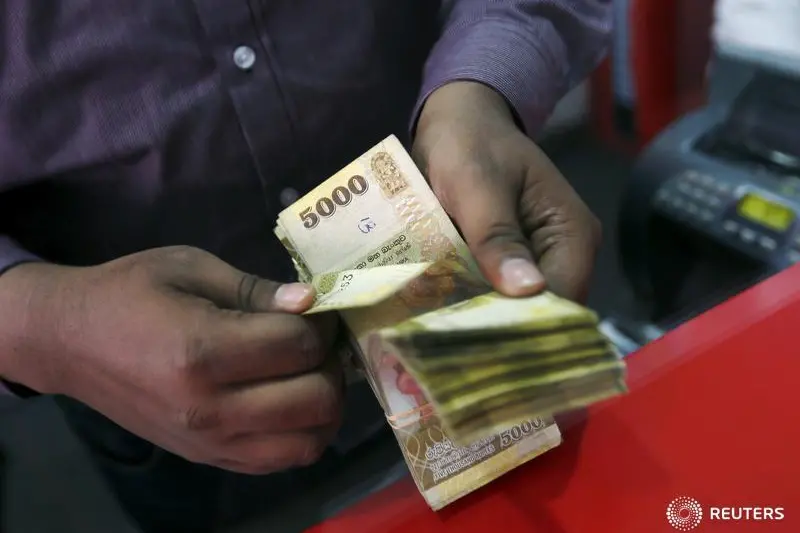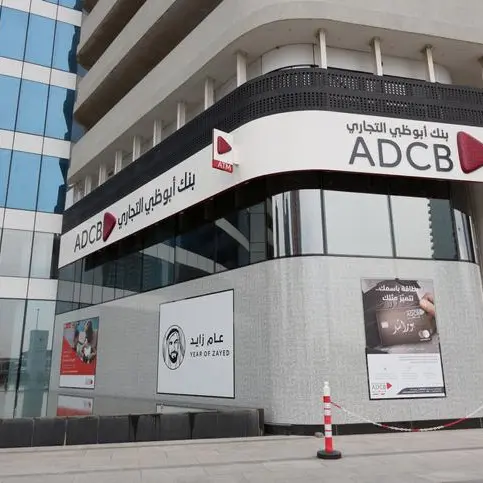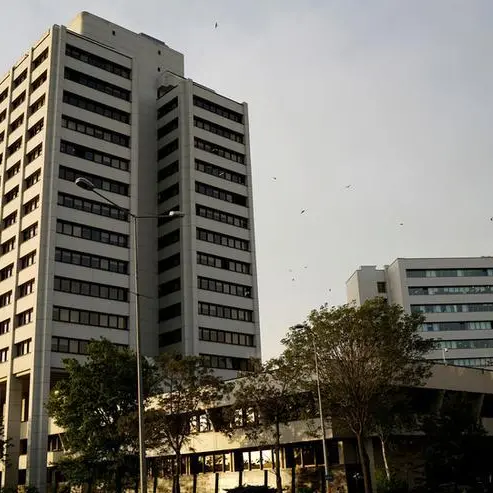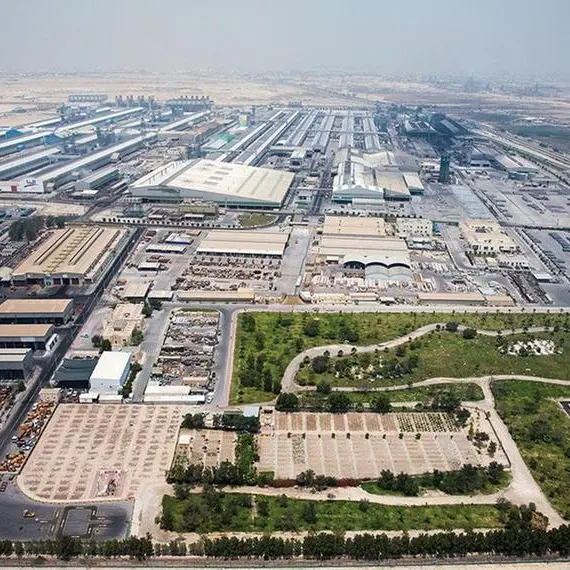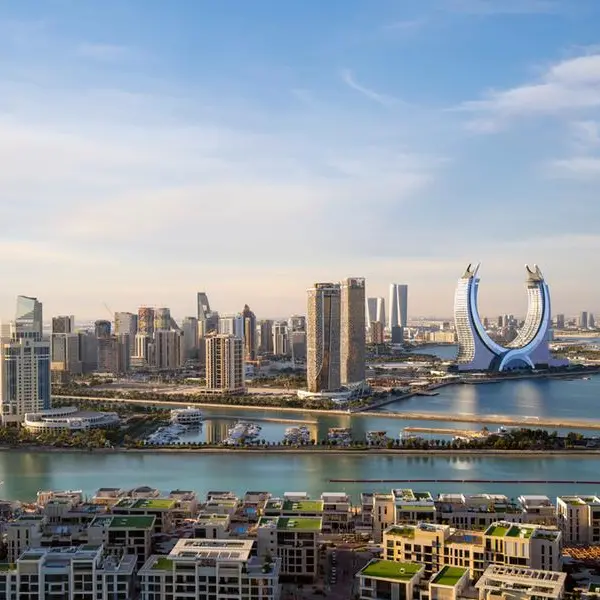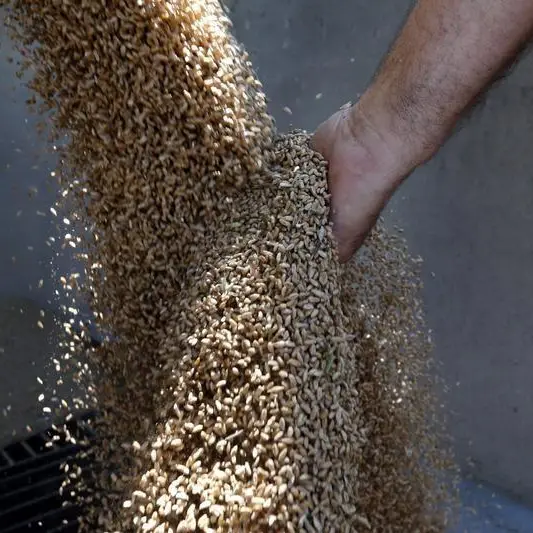PHOTO
COLOMBO- Workers' remittances, a major source of foreign exchange in Sri Lanka, dropped to a 10-year low at $5.49 billion in 2021, central bank data showed on Friday, as the country's trade deficit widened and imports spiked.
The South Asian island nation is facing its worst financial crisis in years with foreign exchange reserves having dropped to $2.36 billion in January.
Sri Lanka needs to repay about $4 billion in debt this year, including a $1 billion international sovereign bond maturing in July.
The government hopes that an uptick in remittances and tourism will help prop up flagging reserves, even as it seeks to stabilise the economy after the COVID-19 pandemic.
But the latest central bank data showed that workers' remittances in 2021 fell to their lowest level since 2012, when overseas Sri Lankans sent in $5.98 billion.
Verité Research, a think tank based in Sri Lanka's main city Colombo, said the drop was likely a result of the central bank maintaining an unofficial peg of 200-203 Sri Lanka rupees to a dollar since September.
The rupee, however, is changing hands at around 250 per dollar via unofficial channels, pushing many migrant workers to remit money using the informal "hawala" system, avoiding traceable transfers between banks.
"Sri Lanka's decline in remittances appears to be an outlier in the South Asian region," Verité Research said in an analysis, comparing the country's performance with Bangladesh, Pakistan and the Maldives.
Overall, Sri Lanka's trade deficit in December 2021 widened to $1.09 billion from $562 million a year previously, the central bank said.
The value of exports rose 19.9% year on year to $1.16 billion in December 2021, while imports increased by 46.8% to $2.24 billion during the same period, the central bank said.
"The deficit in the trade account widened in December 2021 compared to a year earlier, mainly due to a excessive surge in imports, recording the highest ever monthly import expenditure," the central bank said in a statement.
(Reporting by Uditha Jayasinghe and Devjyot Ghoshal; editing by Raissa Kasolowsky and Mark Heinrich) ((Devjyot.Ghoshal@thomsonreuters.com; +91-11-49548102;))
